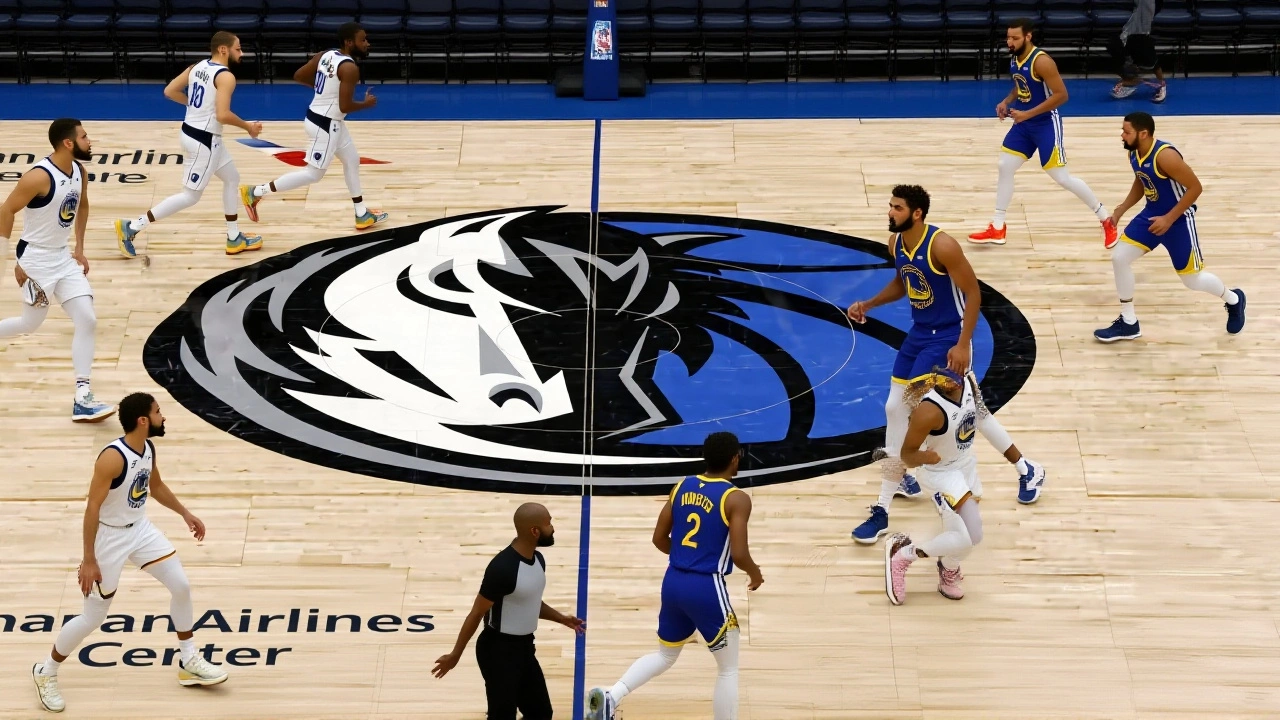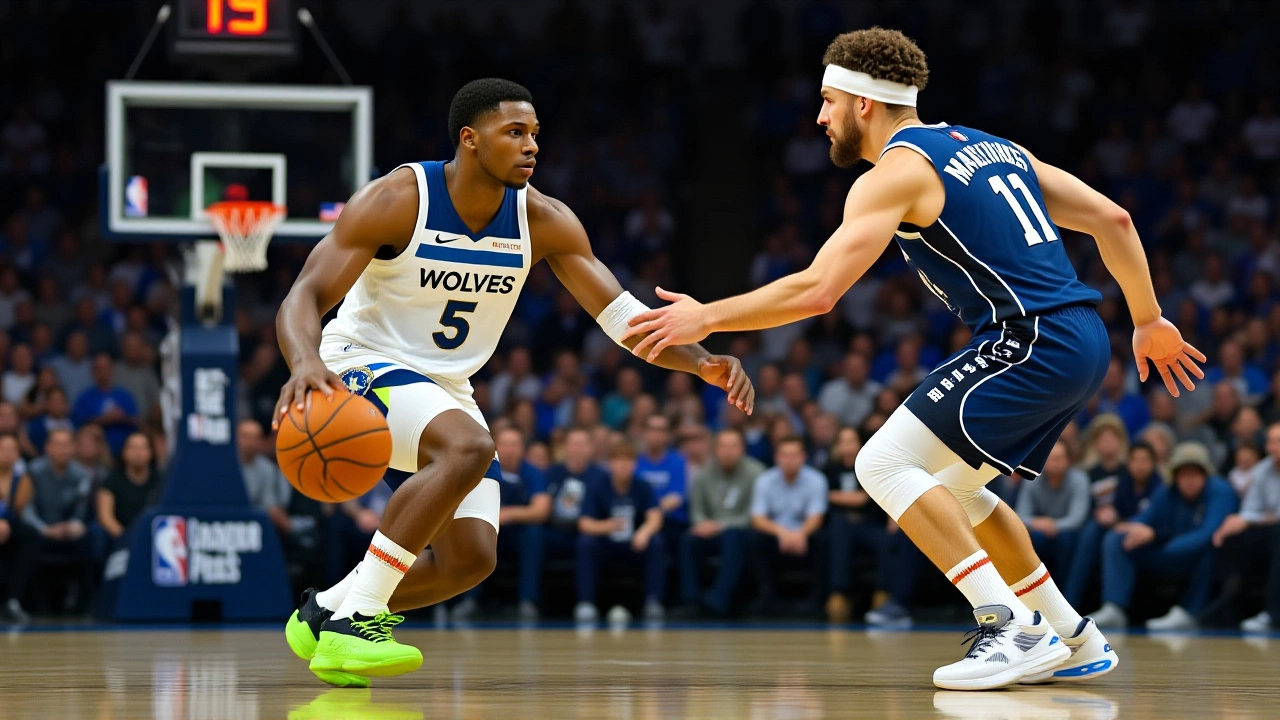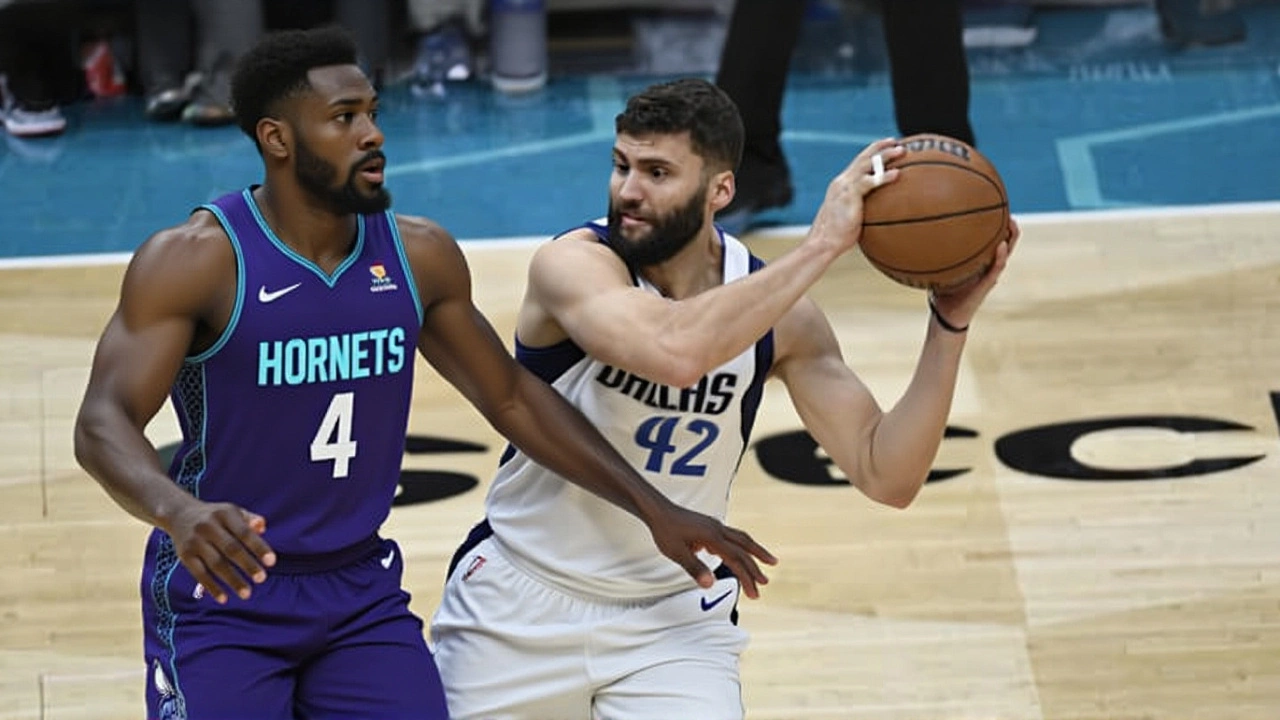When Maximilian Kleber stepped onto the court at Target Center on Wednesday, April 30, 2025, it felt like a lifeline for the Los Angeles Lakers. But the German forward’s return—after being upgraded from "out" to "questionable" just one day earlier—came too late to save a season unraveling in real time. The Minnesota Timberwolves crushed the Lakers 103-96 in Game 5, ending Los Angeles’ playoff run and sending Minnesota forward in the Western Conference. Kleber missed a key 24-foot three-pointer in the fourth quarter. The silence in the locker room afterward said more than any stat line could.
The Last-Minute Hope
The Lakers’ injury report on Tuesday, April 29, 2025, listed Kleber as questionable—a tiny crack of light in a tunnel that had grown darker with every loss. Head coach Jared Joseph Redick, who took over after retiring as a player in 2020, had been tight-lipped until the final pregame huddle. "We’re hopeful," he told reporters, his voice low but steady. "Maxi’s been working his tail off. If he’s ready, we’re ready." But hope doesn’t win playoff games. Not when the other side has Rudy Gobert, the 7-foot-1 French anchor who turned the paint into a no-fly zone.
Game 5: A Collapse in Four Quarters
The numbers tell a story of momentum lost. The Lakers led 22-31 in the first quarter, then clawed back to 27-28 in the second. They outscored Minnesota 31-22 in the third—finally finding rhythm. But the fourth? A disaster. The Lakers managed just 16 points. The Timberwolves held them to 3-for-17 from deep. Kleber, playing 24 minutes, finished with 7 points, 4 rebounds, and two turnovers. His lone three-point attempt? Airball. And it wasn’t just him. The entire rotation looked fatigued, disjointed.
Meanwhile, Gobert had 28 points, 19 rebounds, and 5 blocks. He didn’t just defend—he dictated. Every time the Lakers tried to go small, he met them at the rim. The strategy backfired. The Lakers had hoped to stretch the floor with Kleber’s shooting. Instead, he was the one stretched thin—defending bigger men, running off screens, never quite finding his footing.

Why This Loss Hurts More Than Most
The Lakers entered the series with a 3-2 advantage. They’d won three of the first four games. They were supposed to close it out at home. Instead, they lost Game 4 in LA by 12, then flew to Minneapolis with a shaky roster and a sinking feeling. The team had been playing without key rotation players for weeks. Anthony Davis missed two games with a calf strain. Austin Reaves was battling a knee issue. And now, Kleber—acquired midseason for exactly this kind of playoff moment—was a question mark until the last possible second.
It’s not just the loss. It’s the pattern. Since 2020, the Lakers have made the playoffs six times. They’ve won one series beyond the first round. This season, they were supposed to be different. They added depth. They trusted their coaching staff. But when it mattered most, they fell apart under pressure. The same old ghosts.
What’s Next for the Lakers?
Free agency looms. Jared Redick will face questions about his rotation decisions. Will he keep the small-ball experiment? Can he convince LeBron James—now 40—to commit to one more year? And what about the front office? The team’s 2024-25 record (47-35) was solid, but the playoffs exposed glaring weaknesses: lack of interior defense, inconsistent bench scoring, and an over-reliance on late-game heroics that rarely materialized.
Meanwhile, the Timberwolves, who finished fifth in the West, are moving on. Their next opponent? The top-seeded Oklahoma City Thunder, who swept their first round series. Minnesota’s win over LA wasn’t a fluke—it was a statement. They’re physical. They’re disciplined. And they’ve got Gobert.

The Bigger Picture: A Franchise at a Crossroads
The Los Angeles Lakers, founded in 1947 and relocated to LA in 1960, have spent decades as the NBA’s glamour franchise. But glamour doesn’t win titles anymore. Execution does. This team has talent. But they lack cohesion. They lack identity. And now, with the season over, the clock is ticking.
For Kleber, the moment was bittersweet. He’d worked through ankle pain, missed practices, and endless rehab sessions just to be on the floor. He didn’t want to miss this. But basketball, at its highest level, doesn’t reward effort alone. It rewards timing. And for the Lakers this year, the timing was all wrong.
Frequently Asked Questions
Why was Maximilian Kleber’s return such a big deal for the Lakers?
Kleber was acquired midseason specifically for his ability to stretch the floor and defend multiple positions—a rare combo in today’s NBA. With the Lakers relying on small-ball lineups, his presence was supposed to neutralize Rudy Gobert’s rim protection. His return offered a tactical solution to a problem they’d struggled with all series. But his rust and limited minutes meant he couldn’t make the impact needed.
How did Rudy Gobert dominate the game despite the Lakers going small?
Gobert exploited the Lakers’ lack of interior size by constantly setting hard screens, rolling to the basket, and finishing through contact. Even when the Lakers switched to smaller defenders, he used his strength and footwork to create space. He finished 12-of-16 from the field and grabbed 19 rebounds—11 on the defensive end—shutting down second-chance opportunities that the Lakers desperately needed.
What does this loss mean for Coach Jared Redick’s future with the Lakers?
Redick’s first season as head coach ended in early playoff elimination, despite a 47-win regular season. While his offensive schemes showed promise, his defensive adjustments were inconsistent. With LeBron James entering the final years of his career, the front office may demand quicker results. Redick’s future hinges on whether he can fix the team’s late-game execution and depth issues before next season.
Did the Lakers’ injury issues start before Game 5?
Yes. Anthony Davis missed two games with a calf strain, Austin Reaves played through knee soreness, and Kleber had been listed as day-to-day since Game 2. The team’s medical staff downplayed concerns publicly, but insiders told ESPN the Lakers were managing injuries more aggressively than in past seasons—risking playoff readiness for regular-season wins. That gamble failed.
What’s next for the Minnesota Timberwolves?
The Timberwolves advance to face the top-seeded Oklahoma City Thunder in the next round. Their physicality, led by Gobert and Anthony Edwards, makes them a tough matchup. They’ve now won four straight games since dropping the first two of the series. With home-court advantage in Game 1 and a confident bench, they’re playing their best basketball of the season.
How does this result affect the Lakers’ 2025-26 offseason plans?
The Lakers now face a critical decision: re-sign Kleber, who’s a free agent, or pivot to a bigger, more physical frontcourt. They may also explore trading draft picks for a true center. With LeBron’s contract expiring after next season, the window to contend is narrowing. This loss underscores the urgency—they can’t afford another season of "almosts."
